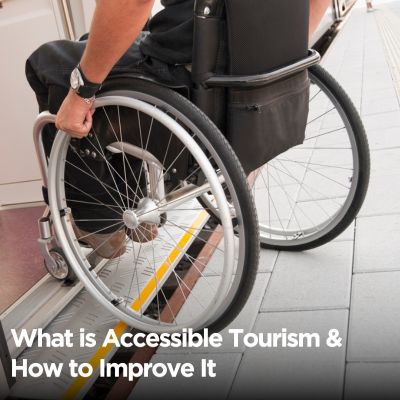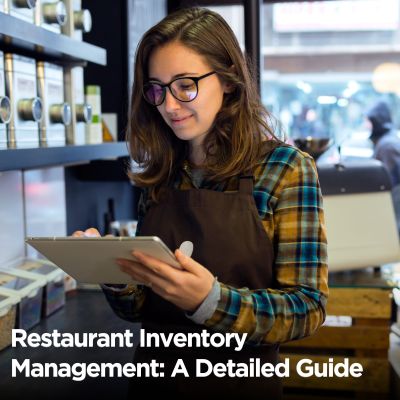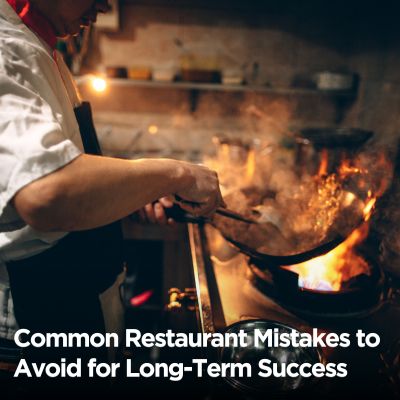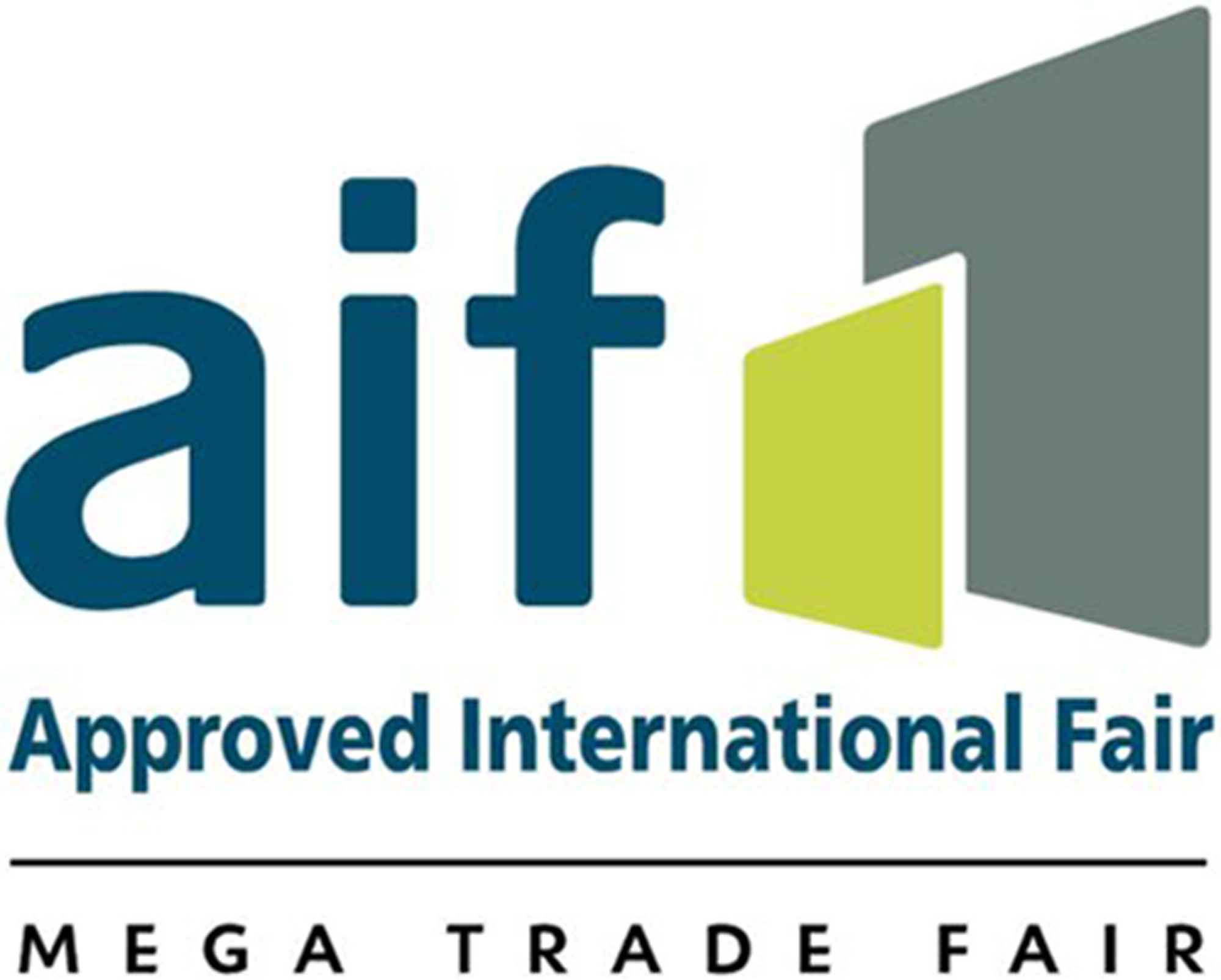A unique selling proposition is a powerful tool to position your brand and can mean the difference between standing out and blending in.
Only being ‘unique’ itself rarely works. You must create differentiation around some aspect your target audience cares about.
A well-defined USP can set your hotel apart and answer the old-age question: Why should your guest choose your hotel over others?
A hotel USP is a centerpiece of everything you create; it can make or break your business. You need to cut through the noise and grab the attention of your target audience.
But how? Keep reading to learn more about hotel USPs and how to create a USP for your brand.
What is a Hotel USP?
A hotel’s unique selling proposition (USP) distinguishes an establishment from competitors, highlighting its unique offerings, services, or environment within the dynamic hospitality landscape.
Here’s why having a solid hospitality USP is important:
- Competitive Edge: Stands out, attracting guests over competitors.
- Brand Identity: Defines a memorable and recognizable brand image.
- Targeted Marketing: Promotional efforts tailored to specific guest preferences.
- Guest Loyalty: Ensures repeat visits by creating a lasting, differentiated impression.
- Revenue Boost: Drives higher demand and allows premium pricing for value.
USP is an essential part of your hotel marketing plan. For example, envision a scenario where all hotels appear indistinguishable—it becomes challenging for potential guests to differentiate one from another.
A well-crafted USP ensures your hotel stands out among numerous options, with a distinct feature that leaves a lasting impression.
Tailoring your unique selling proposition to align with the interests and needs of specific demographics ensures your hotel resonates with the target audience who appreciate its offerings. A clearly defined USP enhances your hotel’s brand, helping guests understand its distinctive attributes.
Moreover, a compelling USP directly influences your hotel’s financial performance. It persuades customers to choose your hotel over others, even at a premium, driven by your hotel’s USP.
For example, the Burj Al Arab, UAE, is recognized as one of the most luxurious hotels in the world, and its prominent USP is its distinctive architectural design, resembling a sail billowing in the wind.

This unique structure sets it apart on the Dubai skyline, instantly recognizable and symbolizing modernity and luxury.
The Impact of a Strong Hotel USP
Prospective customers cannot determine the best choice if all hotels deliver the same service and facilities. The role of the USP comes into action to help them differentiate between the various options.
A well-defined, strong, and compelling hotel USP can explain specific advantages competitors don’t offer, making your business stand out. A hotel USP focuses on three significant aspects: location, comfort, and value.
Moreover, compelling hotels’ unique selling points attract a specific target audience whose preferences align with the hotels’ unique attributes. This targeted approach ensures that the guests are not just visitors but enthusiasts who resonate with and appreciate what the hotel offers.
The long-term benefits of a unique and memorable USP for the hotel are:
- Brand Loyalty: A distinctive USP develops a strong emotional connection with guests, creating brand advocates who are more likely to return, refer others, and choose the hotel consistently for future stays.
- Competitive Edge: A memorable USP sets the hotel apart in a saturated market, positioning it as the preferred choice. This sustained differentiation increases demand, occupancy rates, and revenue over time.
- Repeat Business: A unique and memorable USP enhances guest satisfaction, encouraging repeat visits. Guests with a positive and distinctive experience will likely choose the same hotel for future stays.
- Market Resilience: A well-defined USP allows the hotel to weather economic fluctuations and industry changes. A strong identity and unique offerings create a lasting impact, ensuring sustained relevance and appeal in evolving market landscapes.
For example, Raffles Singapore integrated the USP well in its hospitality marketing, an exemplary showcase of neo-Renaissance architecture, with tropical touches like high ceilings and extensive verandahs, quickly increasing the hotel’s popularity.
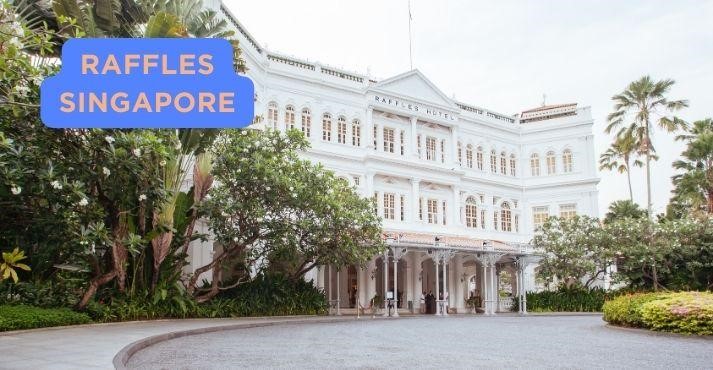
In just a few years, it went from 10 to 75 rooms offered, resulting in a positive correlation between a strong USP and increased bookings.
Identifying Your Hotel’s Unique Qualities
Guests seek more than accommodations; hotels must provide solutions that address and exceed guest expectations. To get started, you need to answer the following questions:
- Who do you serve?
- What does your audience need?
- How would you describe your hotel in one phrase?
- What’s unique about your hotel or offering?
- Who do you compete against?
Answering these questions will help you identify what your prospective customers demand and how you can deliver better than anyone else, keeping your USP at the core.
Here’s a comprehensive analysis to identify your property’s unique qualities for hoteliers.
- Define Target Market and Customer Segments
Identify the primary audience for your hotel by understanding their preferences, expectations, and desires. Consider demographics, travel behaviors, and psychographics to tailor services that align with their needs and aspirations.
- Competitor Analysis
Conduct a thorough assessment of competitors in your market. Evaluate their strengths and weaknesses, considering unique offerings or service gaps. This analysis helps identify opportunities to differentiate your hotel and meet unmet customer needs.
- Brand Evaluation
Analyze your hotel’s brand identity, values, and unique offerings. Compare these aspects with competitors to pinpoint areas of distinction. Assess how well your brand aligns with the identified target market, ensuring a solid connection with potential guests.
- Offering Comparison
Analyze your hotel’s specific amenities, services, and experiences compared to competitors. Identify aspects where your offerings excel or stand out. This comparative analysis forms the basis for crafting a compelling, Unique Selling Proposition (USP) that resonates with your target audience.
Understand and align with guest demands, whether personalized services or sustainable practices. But there are three core USPs that customers look for in your hotel.
- Location Advantage: Assess proximity to key attractions, transportation hubs, and unique surroundings to highlight convenience and appeal.
- Comfort: Evaluate exclusive offerings such as spa services, plush amenities, ergonomic design, and attentive service to elevate the stay with a commitment to comfort.
- Value: Become guest-centric and focus on adding value to the guests. You don’t necessarily have to keep your hotel economical, but ensure you offer an unmatched value proposition that competitors don’t offer.
Most importantly, speak to your customers and staff and list why someone might use your hotel, as well as what personality traits they have.
Crafting a Compelling Hotel USP
A hotel’s unique selling proposition (USP) is essential in distinguishing it from competitors, conveying a distinct value to the target audience.
A well-crafted USP enhances your hotel’s sales, builds brand loyalty, and ensures a competitive edge. Continuous innovation is essential for sustained success in the competitive hotel industry.
Here are the practical steps for hotels to create a unique and compelling USP:
1. Guest Persona Development
Understand your target audience deeply, considering demographics and preferences. Craft a USP tailored to meet their needs, ensuring your hotel resonates with their desires and stands out in the market.
2. Competitor Analysis
Thoroughly examine competitors to identify gaps in offerings or areas where you can excel. Differentiate your hotel by addressing unmet needs, ensuring your USP is unique.
3. Distinctive Sevice Offerings
Create unique services or amenities that set your hotel apart. Whether it’s personalized experiences, innovative technologies, or exclusive partnerships, ensure these offerings align with your target audience’s preferences for a compelling USP.
4. Brand Storytelling
Develop a compelling narrative that communicates your hotel’s values, mission, and the experience you provide. Humanize your brand, creating an emotional connection with guests and memorably reinforcing your USP.
5. Continuous Improvement
Regularly reassess and enhance your offerings based on evolving guest preferences and industry trends. A commitment to continuous improvement ensures your USP remains relevant and compelling, keeping your hotel ahead in the competitive landscape.
An authentic USP rooted in values and unique offerings builds trust and loyalty. Authenticity resonates, creating a lasting impression beyond marketing and building a genuine connection with your audience.
As the industry evolves, sustainability, eco-friendly practices, technology, and other vital features become relevant to attracting hotel customers and part of the USP. Here are some essential tips to follow on incorporating these into the USP.
- Eco-friendly practices as a USP. Showcase initiatives like energy conservation, waste reduction, and sustainable sourcing. Appeal to environmentally conscious travelers, emphasizing your commitment to responsible hospitality for a memorable and responsible stay.
- Technology as a USP: Implement innovative room features, contactless check-ins, and virtual concierge services. Cater to the tech-savvy guest, enhancing convenience and modernizing the guest experience for a seamless and futuristic stay.
- Health and Wellness as a USP: Offer amenities like fitness programs, healthy dining options, and spa services. Tap into the growing demand for holistic well-being, positioning your hotel as a place for healthy living.
- Local experiences in your USP. Partner with local businesses, offer guided tours, or provide unique cultural activities—appeal to travelers seeking authentic, immersive experiences, creating a USP beyond typical accommodations.
- Corporate social responsibility in your USP. Support local communities, engage in charitable activities, or contribute to environmental causes. Attract socially conscious travelers by showcasing your commitment to making a positive impact.
Communicating Your USP Effectively
Communicating your USPs effectively gives customers a reason to choose your hotel over competitors from the first point of interaction with your hotel. Consistent and clear communication of your USP builds trust with your audience.
Communicating your USP helps customers understand the value they will receive by choosing your hotel. This can influence their perception of your offering and justify the price, creating a positive association with your hotel brand.
Moreover, this understanding is essential in decision-making as it allows consumers to make informed choices based on their needs and preferences.
Customers who understand and appreciate your unique value proposition will likely become repeat customers.
So, whether introducing new faculty, adjusting pricing, or adding new items to your menu, a well-defined USP can help guide these changes while maintaining consistency in your brand identity.
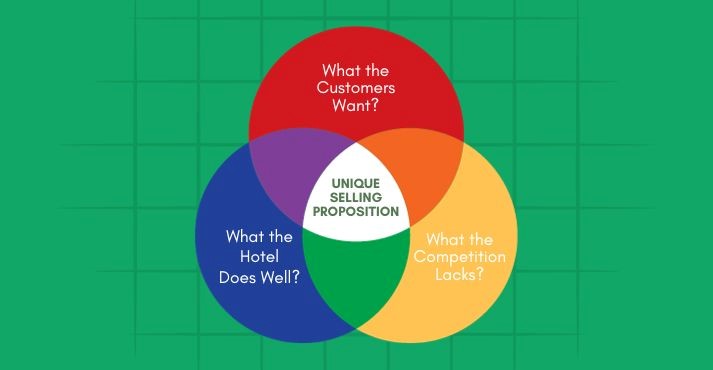
Here are the strategies for effectively communicating the USP:
1. Compelling Website Content
Craft a transparent, concise, engaging USP bar under the navigation menu on your website. Use compelling visuals and persuasive copy to effectively communicate your hotel’s unique value proposition.
2. Social Media Storytelling
Leverage social platforms to narrate your hotel’s story and USP. Share guest testimonials, behind-the-scenes content, and unique offerings, building a solid emotional connection with your audience.
3. Targeted Online Advertising
Invest in targeted online ads that highlight your USP to specific demographics. Utilize platforms like Google Ads and social media advertising to reach potential guests who align with your unique offerings.
4. Email Marketing Campaigns
Design email campaigns centered around your USP. Share exclusive offers, showcase upcoming events, and highlight exceptional amenities. Personalize messages to resonate with guest segments, reinforcing your unique value proposition.
5. Collaborative Partnerships
Build partnerships with influencers, travel agencies, or local businesses. Have them highlight your USP through their channels, expanding your reach and tapping into new audiences while leveraging their credibility.
As we discussed the hotel’s unique selling proposition, examples of Burj Al Arab and Raffles Singapore, here is another excellent example of JW Marriott Singapore, which positions itself as a refined luxury in downtown Singapore, enriching guests with a truly luxurious experience and showcasing warm, intuitive services.
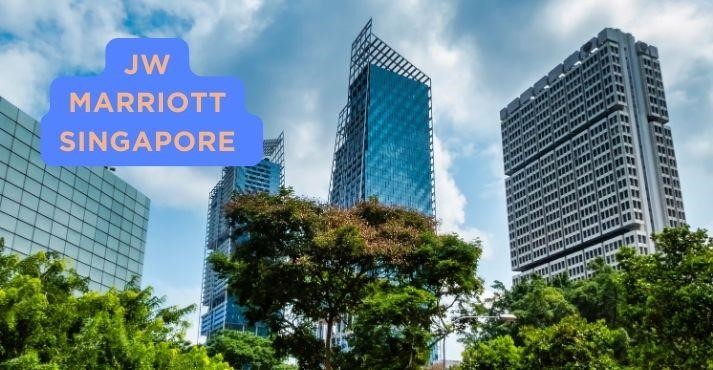
Adapting Your USP to Current Trends
The hotel industry is dynamic. And the trends are transforming according to emerging customer preferences, focusing on sustainability, wellness trends, and social responsibility. As a hotelier, you must ensure that USP reflects contemporary trends and guest expectations.
Prioritizing unique experiences creates a lasting impact. USP that aligns with evolving preferences, maintaining competitiveness and appeal delivers better ROI. Regularly revisit your USP and stay up-to-date with market trends and customer feedback.
For example, if you analyze trends of eco-friendly option-seeking customers, you can highlight your hotel’s sustainable equipment features. Or, if you see a growing interest in wellness and health, you can adjust your USP to focus on gym facilities and vegan-friendly dining options.
Conclusion
A hotel’s USP is more than a catchy tagline or slogan. It is the core of your hotel brand’s identity and success. It distinguishes your property, resonates with your target audience, and drives revenue growth.
Creating a compelling USP involves understanding guest needs, highlighting your hotel’s strengths, and crafting an appealing message that emotionally connects with your audience.
You can weave it into your pitches, website copy, and other marketing channels and answer the question: “how is your hotel different?”
Clarity allows prospective customers to more easily recognize how valuable (and unique) your hotel is compared to competitors.
However, the journey doesn’t end here. To remain relevant, you must adjust your USPs and evolve with the changing customer preferences.



